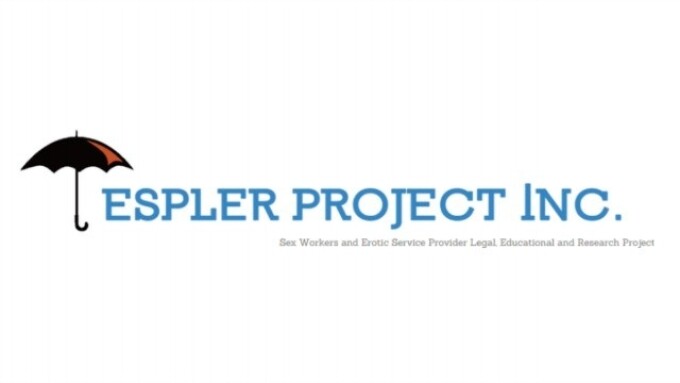SAN FRANCISCO — The ESPLER Project may appeal an order issued yesterday that dismissed its legal challenge to California’s anti-prostitution law, Penal Code 647(b).
The ESPLER Project’s lawsuit, which seeks to overturn California’s 54-year-old prostitution statute, contended that the law breaks both the federal and state constitutions. The state’s attorney general, Kamala Harris, and district attorneys of four counties last year were sued over the statute in a case asking for declaratory and injunctive relief.
Yesterday, U.S. District Judge Jeffrey White granted Harris and the district attorney’s motion to dismiss with leave to amend the complaint.
In his ruling, Harris dismissed the ESPLER Project’S claim to a right to sexual privacy to engage in private, consensual intimate conduct without governmental intrusion. He noted that the “case challenges particular intimate conduct within a specific context in that courts have deigned not to afford constitutional protection.”
The ESPLER Project — formally known as the Erotic Service Provider Legal, Education and Research Project — said the ruling made yesterday is “a deeply flawed decision.”
The group noted that U.S. District Judge Jeffrey White’s order was the result of “a judge’s bias against sex worker rights in search of a legal justification” and that the decision flies against all legal precedent, especially Lawrence v. Texas, the 2003 Supreme Court landmark decision that held that intimate consensual sexual conduct was protected by the 14th Amendment.
“This decision is horribly mistaken,” said Claire Alwyne, a board member of ESPLER. “The judge completely misinterprets Lawrence v. Texas. He claims that [it] only protects sexual conduct in the context of a meaningful relationship, while in fact it protects even the most brief, casual, and impersonal sexual interactions. While he might not like it, Lawrence v. Texas clearly protects sex workers and their clients.”
The ESPLER Project said that it would be consulting with its legal advisers on its next step. The group said it has until May 6 to file an amended complaint, “but seriously doubt that we will have a fair hearing in Judge Jeffrey S. White’s court.”
“Given that, we may have no option but to appeal to the 9th U.S. Circuit Court of Appeals, where we are confident that the merits of our case will finally be recognized and we will be granted relief,” the San Francisco group said in a statement.
Attorney D. Gill Sperlein, who lead litigation efforts for ESPLER Project, told XBIZ, "Naturally we are disappointed, but not defeated."
"After we have time to study the order further and meet with our clients, we will decide if we will file an amended complaint or appeal to the 9thCircuit," Sperlein said.








